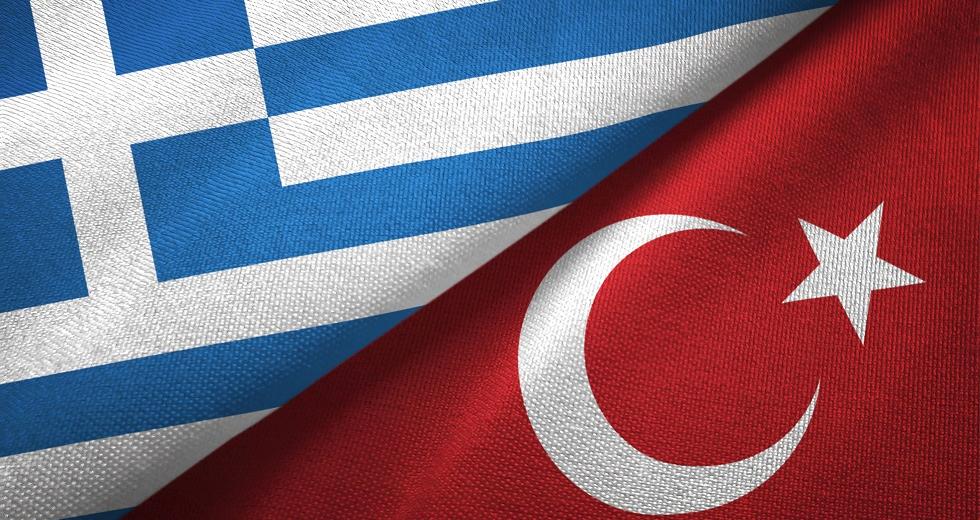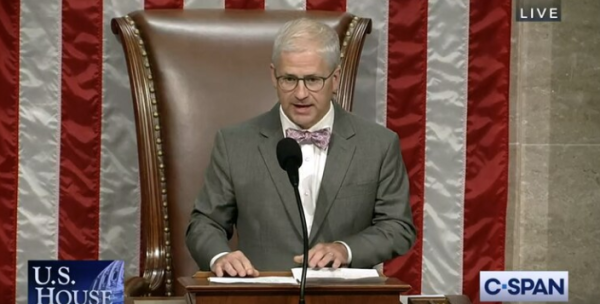
At the beginning of the year, there was widespread concern that during the election process in Greece, Turkey might be tempted to cause a hot incident (“coming suddenly one night” as Erdogan threatened) with wider consequences. But, as is well known, “a week is a long time in politics”, much more so months.
Today the entire pre-election scene is dramatically different both in its internal and external aspects. Unforeseen disasters changed it (deadly earthquake in Turkey, tragic accident in Tempi). The main stake of the (double?) elections now is whether they will produce a stable government. While on the external front, the electoral process will be held in a rather calm environment following the rapprochement that has been noted in Greek-Turkish relations following the disasters and the mutual expression of solidarity.
In the approximately fifty years of the Post-Junta period, three electoral contests were crucial for the country’s foreign and European policy. The elections of October 1981, March 2004 and January 2015. In all three of these elections we had a change of party in government power. In 1981 from New Democracy to Andreas Papandreou’s PASOK, in 2004 from PASOK to New Democracy of K. Karamanlis (younger) and in 2015 from the New Democracy-PASOK coalition government (Samaras-Venizelos) to SYRIZA of Al. Tsipras. In all three of these cases, the stakes for the country’s foreign and European policy and position were crucial. Although finally only with the elections of March 2004 and the change of government that followed, concrete (harmful) effects emerged.
In 1981, PASOK came to power with a promise to hold a referendum on whether the country would stay or leave the European Economic Community (EEC – today’s European Union, EU) which it had joined ten months earlier, on January 1, 1981. However, after the formation of a government abandoned the announcements for a referendum
and about leaving.
It pursued a special program for the development of Greece and gradually evolved into a deeply pro-European party, even joining Greece to the Economic and Monetary Union (EMU – 2000). The January 2015 elections brought to power SYRIZA, a radical populist party that with its program (“repeal of the Memorandum with one law and one article”) and the negotiation strategy followed in the first six months in power brought Greece to the brink of exit from the EMU (Grexit). But the last-minute coup (July 2015) prevented this disastrous development and gradually turned SYRIZA into a European party.
The elections of March 2004 were the ones that had the most profound consequences for foreign policy, especially Greek-Turkish politics. As the new New Democracy government chose to ignore the “Helsinki” decisions (European Council, December 1999) that obliged Turkey to appeal to the International Court of Justice (ICJ) to settle any disputes with Greece. It also abandoned exploratory contact convergences. Thus, a historic opportunity to achieve progress in solving the Greek-Turkish issue was lost.
In the upcoming 2023 elections, foreign policy is not the main subject of party confrontation as (with the exception of the KKE) the political parties have converging positions on the most important issues, up to the point of complete consensus. After the elections, however, the new governments in Athens and Ankara, and with the self-evident condition that they continue the normalization strategy (mainly Ankara), will have as their main challenge to lead the rapprochement process to the next and essential stage: that is, to open the dialogue or rather the multiple dialogue processes (exploratory contacts, political dialogue, MOU, etc.) to solve the problems. In this logic, Athens can also make more dynamic use of the framework of the European Union. However, the main goal of the new government cannot be other than the tripartite normalization, cooperation, solving the problems either through negotiations or by referring them to international justice (IJC).
Latest News

Airbnb: Greece’s Short-Term Rentals Dip in March Amid Easter Shift
Data from analytics firm AirDNA shows that average occupancy for short-term rentals dropped to 45% in March, down from 49% the same month last year.

Easter Week in Greece: Holy Friday in Orthodoxy Today
At the Vespers service on Friday evening the image of Christ is removed from the Cross and wrapped in a white cloth

Meloni and Trump Meet in Washington, Vow to Strengthen Western Ties
“I am 100% sure there will be no problems reaching a deal on tariffs with the EU—none whatsoever,” Trump stressed.

ECB Cuts Interest Rates by 25 Basis Points in Expected Move
The ECB’s Governing Council opted to lower the deposit facility rate—the benchmark for signaling monetary policy direction—citing an updated assessment of inflation prospects, the dynamics of underlying inflation, and the strength of monetary policy transmission.

Current Account Deficit Fell by €573.2ml Feb. 2025: BoG
The improvement of Greece’s current account was mainly attributed to a more robust balance of goods and, to a lesser extent, an improved primary income account

Hellenic Food Authority Issues Food Safety Tips for Easter
Food safety tips on how to make sure your lamb has been properly inspected and your eggs stay fresh.

Greek Kiwifruit Exports Smash 200,000-Ton Mark, Setting New Record
According to data by the Association of Greek Fruit, Vegetable and Juice Exporters, Incofruit Hellas, between September 1, 2024, and April 17, 2025, kiwifruit exports increased by 14.2%.

Easter Tourism Boom: Greece Sees 18.3% Surge in Hotel Bookings
Among foreign markets, Israel has emerged as the biggest growth driver, with hotel bookings more than doubling—up 178.5% year-on-year.

Greece to Launch Fast-Track Tender for Offshore Hydrocarbon Exploration
Last week, Papastavrou signed the acceptance of interest for the two Cretan blocks, while similar decisions regarding the two Ionian Sea blocks were signed by his predecessor

American-Hellenic Chamber of Commerce to Open Washington D.C. Branch
AmCham's new office aims aims to deepen U.S.-Greece economic ties and promote investment and innovation between the two countries







![Πλημμύρες: Σημειώθηκαν σε επίπεδα ρεκόρ στην Ευρώπη το 2024 [γράφημα]](https://www.ot.gr/wp-content/uploads/2025/04/FLOOD_HUNGRY-90x90.jpg)




![Airbnb: Πτωτικά κινήθηκε η ζήτηση τον Μάρτιο – Τι δείχνουν τα στοιχεία [γράφημα]](https://www.ot.gr/wp-content/uploads/2024/07/airbnb-gba8e58468_1280-1-90x90.jpg)

























![Airbnb: Πτωτικά κινήθηκε η ζήτηση τον Μάρτιο – Τι δείχνουν τα στοιχεία [γράφημα]](https://www.ot.gr/wp-content/uploads/2024/07/airbnb-gba8e58468_1280-1-600x500.jpg)


 Αριθμός Πιστοποίησης
Αριθμός Πιστοποίησης